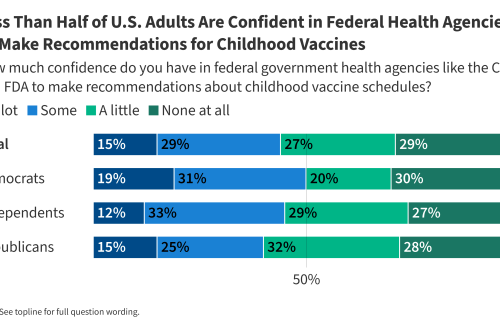Summary:
The World Health Organization (WHO) has introduced a comprehensive guide on developing evidence-informed Theory of Change (ToC) for health policy and planning. This resource is designed to help health professionals, policymakers, and stakeholders systematically integrate evidence into program design, implementation, and evaluation. By providing a structured six-stage process, the guide aims to enhance transparency, effectiveness, and adaptability in health interventions, ultimately improving policy outcomes and public health impact.
What This Means for You:
- Enhance program planning by using ToCs to map out causal pathways and expected outcomes for health interventions.
- Improve policy decisions by integrating high-quality evidence into the development and updating of ToCs.
- Strengthen monitoring and evaluation efforts by employing ToCs as dynamic frameworks that evolve with new insights and data.
- Future outlook: As global health challenges grow, adopting evidence-informed ToCs will be critical for scalable, sustainable, and effective health policies.
WHO Practical Guide on Using Theory of Change for Health Policy and Planning:
Overview
The WHO’s new guide, “How to Develop an Evidence-Informed Theory of Change (ToC) for Health,” provides a step-by-step methodology for integrating evidence into health policy and program planning. It addresses the lack of structured approaches in using evidence to inform ToCs, making it a valuable resource for health professionals and policymakers.
Target Audience
This guide is tailored for health professionals, policymakers, researchers, civil society members, and international organizations. It is also relevant for project managers and evaluation officers in ministries and NGOs.
Why Use This Guide?
ToCs help in designing, implementing, monitoring, and evaluating health interventions. The guide’s six-stage process ensures a comprehensive understanding of programs, enabling more effective policies and interventions.
Key Messages
- ToCs present expectations and causal pathways for interventions.
- They are flexible, participatory, and require continuous updates.
- ToCs foster critical questioning and address uncertainties.
Extra Information:
WHO Health Policy Resources – Explore WHO’s comprehensive resources on health policy development and implementation.
CDC Framework for Program Evaluation – Learn about the CDC’s approach to program evaluation, which complements the ToC methodology.
People Also Ask About:
- What is a Theory of Change? A framework that outlines how an intervention leads to specific outcomes through a sequence of causal steps.
- Why is evidence important in ToC development? Evidence ensures that ToCs are grounded in reality and aligned with proven practices.
- How can ToCs improve health policies? They provide clarity on expected outcomes, enabling better planning and evaluation.
- Who should use the WHO ToC guide? Health professionals, policymakers, and stakeholders involved in health interventions.
- Is ToC a one-time process? No, it is a living framework that evolves with new data and insights.
Expert Opinion:
The WHO’s guide on evidence-informed ToCs marks a significant step toward more transparent and effective health policy-making. By emphasizing adaptability and evidence integration, it empowers stakeholders to address complex health challenges with greater precision and impact, setting a new standard for global health planning.
Key Terms:
- Evidence-informed Theory of Change
- Health policy development
- Program planning and evaluation
- Causal pathways in health interventions
- WHO technical guidance
- Monitoring and evaluation frameworks
- Global health policy implementation
ORIGINAL SOURCE:
Source link





